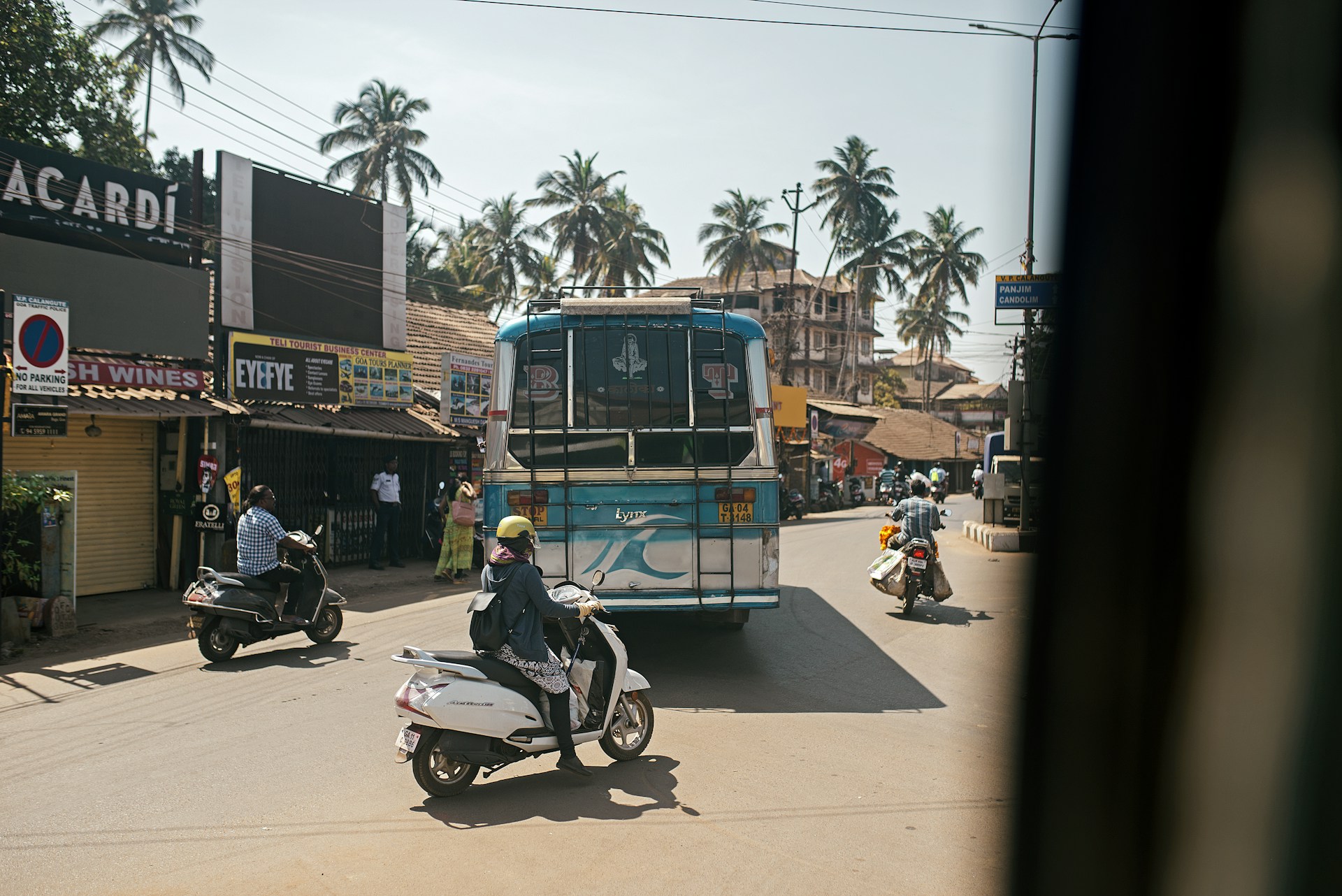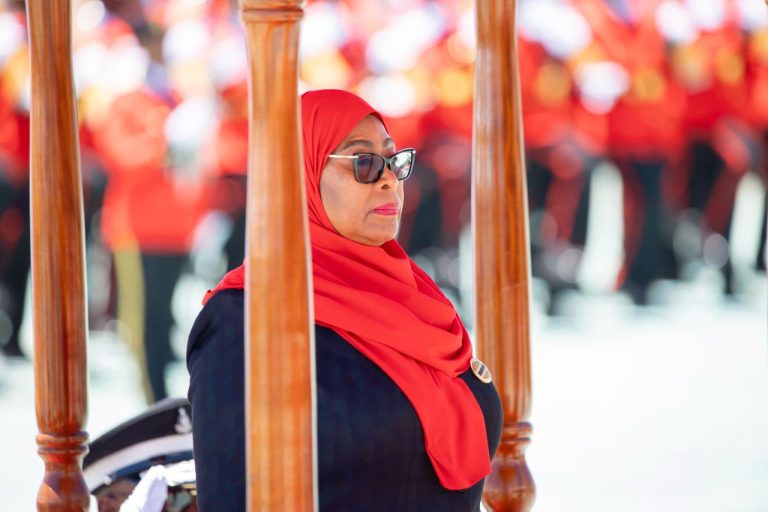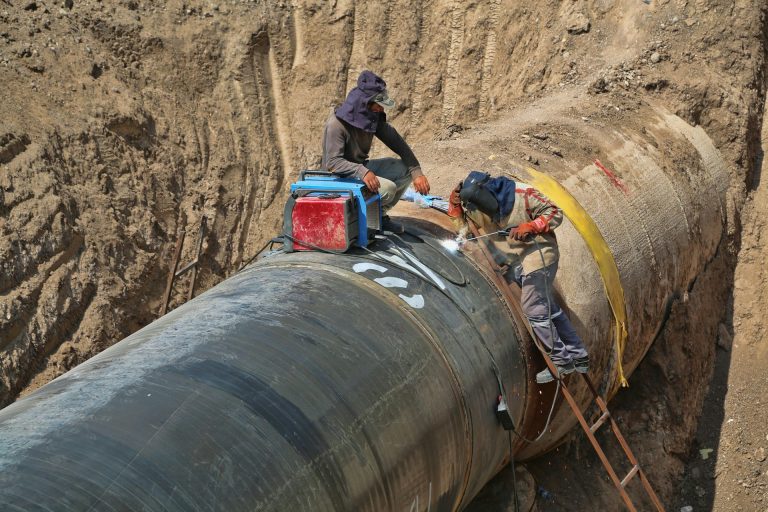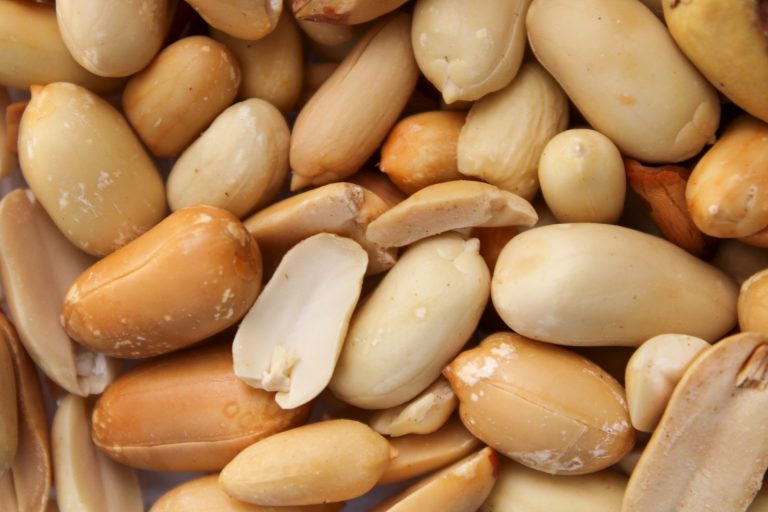- Seven WAEMU nations eye $4.44bn in Q4 bond sales
- Cote d’Ivoire leads with $1.5bn target, Benin sits out
Seven West African states plan to raise $4.44bn on the regional securities market in the final quarter of 2025, as governments intensify borrowing to plug fiscal gaps and fund development projects.
The fundraising drive, excluding Benin, will be split between $2.619bn in treasury bills and $1.830bn in treasury bonds, according to Agence UMOA-Titres, which manages government securities across the eight-nation bloc of the West African Economic and Monetary Union (WAEMU).
The WAEMU zone – comprising Côte d’Ivoire, Senegal, Mali, Niger, Burkina Faso, Togo, Benin and Guinea-Bissau – continues to rely heavily on regional debt markets to meet its short-, medium-, and long-term financing needs. In the third quarter alone, the bloc collectively raised $4.6bn. For the 2025 fiscal year, member states are targeting $19bn in total, up from $14bn in 2024.
“The WAEMU securities market has been a viable recourse for governments in the WAEMU space,” Landry Albert Kone of the Ivorian Centre for Economic and Social Research (CIRES) told Allen Dreyfus. “The trend intensified a few years ago and we expect it to continue. While it provides funds for macro developments, it also yields profits for investors – both regional and international.”
Côte d’Ivoire leads ambitious borrowing plans
Côte d’Ivoire, the region’s economic powerhouse, plans to raise $1.5bn during the final quarter, followed by Niger ($938mn), Senegal ($865mn), and Mali ($452mn). Burkina Faso will seek $443mn, Togo $178mn, and Guinea-Bissau $68mn, the agency’s calendar shows.
A major concentration of issues is expected in October 2025, totalling around $2.61bn, before easing to $1.087bn in November and $761mn in December. Kone said the schedule reflects an “anticipation strategy aimed at securing the necessary financing before the end of the year, a period often marked by a drop in liquidity on the markets.”
To attract investors, WAEMU governments are diversifying maturities. Most states are maintaining the traditional 12-month tenor, but Côte d’Ivoire is experimenting with very short-term notes of one to three months and an unprecedented 15-year bond issue — a rarity in West African markets.
“I think Côte d’Ivoire, the biggest economy in the WAEMU region, contributing 40% of the Union’s GDP and the main bond issuer, is confident of its signature and offers, and is trying to experiment something new,” Kone said. “The 15-year maturity is very rare on this market, as investors mostly prefer short maturities, but I believe Côte d’Ivoire’s 15-year maturity bond will succeed due to the country’s stability and its high trust level.”
Benin, meanwhile, has opted out of the end-of-year operations. “Benin appears to have wrapped up its fiscal year and now preparing for 2026 – an election year – hence it will not participate in the end-of-year operation in the WAEMU regional market,” Kone added.
Analysts say the surge in sovereign borrowing underscores growing fiscal pressures as WAEMU states grapple with rising debt servicing costs, sluggish revenue growth, and the need to finance post-COVID recovery and infrastructure. With global credit markets tightening, the regional securities market remains a lifeline — but at a cost of higher interest rates and shorter maturities.











